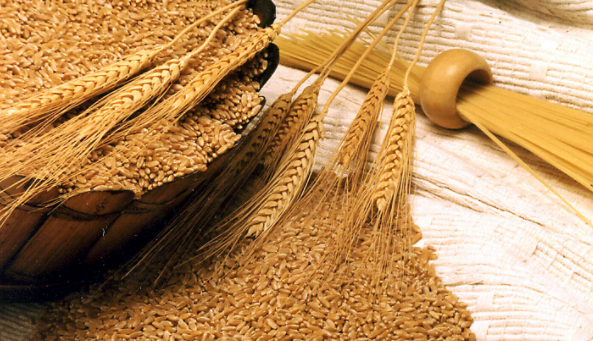- Nigeria aims to halt wheat seed importation within the next four to five years, focusing on local production to boost food security
- The government is providing a 50% subsidy to wheat farmers to stimulate wheat production during the upcoming dry farming season
The Minister of Agriculture, Abubakar Kyari, has declared a five-year deadline for Nigeria to halt the importation of wheat, which has been draining the country’s foreign reserves.
Kyari made this announcement while speaking to journalists after a visit to inspect various seed wheat production projects in Kano on Friday. He expressed satisfaction with the progress made in local wheat production, stressing that the federal government’s initiatives will eliminate the need for importing wheat seeds in the next four to five years.
The Minister revealed that the government had devised a strategy to provide a 50% subsidy to wheat farmers during the upcoming dry farming season, to boost wheat production within the country significantly.
He emphasized the government’s strong commitment to fostering extensive wheat production during the upcoming dry season, both for domestic consumption and for export. This aligns with President Bola Tinubu’s renewed focus on ensuring food production security.
Kyari also pointed out that Jigawa State had demonstrated a significant interest in wheat farming by making 40,000 hectares of land available for this purpose, complementing the 70,000 hectares set aside by the Federal Government to achieve the wheat production goals for the year.
The Minister further clarified that stringent quality checks had been conducted on breeder and foundation seeds, assuring that the government would significantly reduce or eliminate wheat seed importation by next year’s irrigation farming season. He highlighted the critical role this played in preserving Nigeria’s foreign reserves.
“In the next four to five years, with the programs in place, Nigeria will completely cease the importation of wheat seeds and become self-sufficient, significantly enhancing food production and security,” Kyari concluded.
